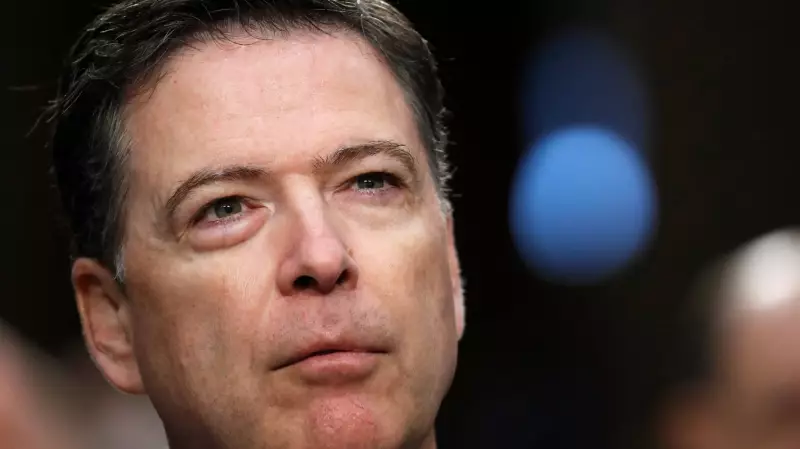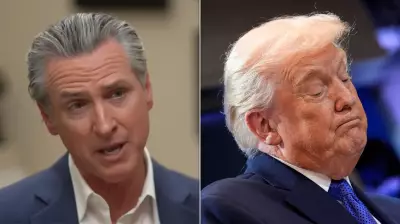
In a dramatic legal maneuver that has captured national attention, former FBI Director James Comey has launched a vigorous defense against charges filed against him, filing a formal motion to dismiss the case entirely. The motion presents a compelling argument that the charges are fundamentally flawed due to what Comey's legal team characterizes as "ambiguity and sloppiness" in the prosecution's approach.
The Core Legal Argument
Comey's legal representatives have constructed their defense around several key pillars that challenge the very foundation of the case against the former FBI chief. Central to their argument is the assertion that the charges lack the precision and clarity required by law, creating what they describe as an unfair and legally untenable situation for the defense.
The motion meticulously details how the ambiguity in the charges makes it difficult, if not impossible, for Comey to mount an adequate defense. This legal strategy suggests that the prosecution's case suffers from fundamental procedural weaknesses that could ultimately prove fatal to their efforts.
Examining the 'Sloppiness' Claim
Beyond the ambiguity argument, Comey's legal team has pointed to what they characterize as significant procedural errors and careless handling of the case. The motion suggests that these shortcomings extend beyond mere technicalities and represent serious flaws in how the prosecution has approached the entire matter.
Legal experts following the case note that such arguments, if successful, could lead to the dismissal of charges without ever addressing the substantive allegations, representing a significant victory for Comey and a substantial setback for prosecutors.
Broader Implications
This development represents the latest chapter in what has been a highly publicized and politically charged legal saga. Comey's motion to dismiss raises important questions about legal standards and prosecutorial conduct that extend beyond this individual case.
The outcome of this motion could have far-reaching consequences, potentially setting precedents for how similar cases are handled in the future and influencing the relationship between high-profile government officials and the justice system.
What Comes Next
The court must now consider Comey's arguments and determine whether the case will proceed or if the charges will indeed be dismissed. Legal observers anticipate vigorous debate over the motion, with both sides preparing to present detailed arguments supporting their positions.
This motion represents a critical juncture in the case, one that could either pave the way for a full trial or bring the entire matter to an abrupt conclusion based on procedural grounds rather than the underlying facts of the allegations.






